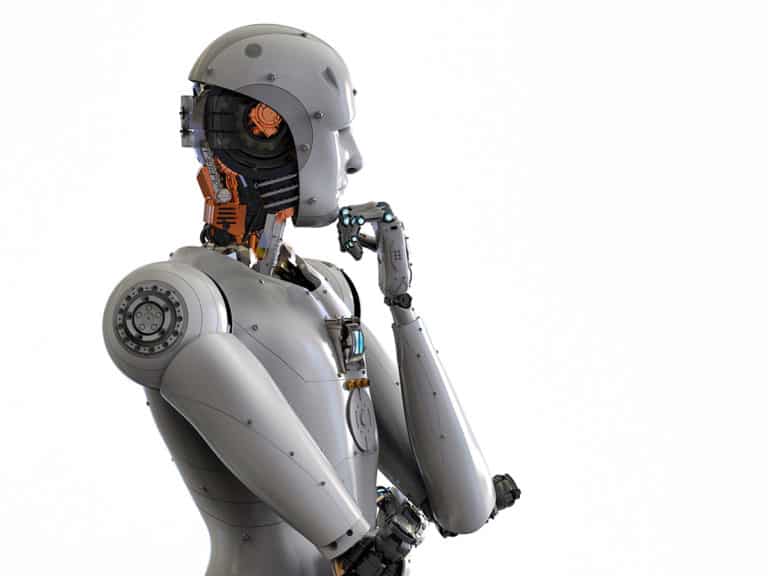Every second full-time worker is experiencing changes in working life due to Artificial Intelligence, according to the study "Artificial Intelligence in the Workplace 2018" by the IMWF Institute for Management and Economic Research and the Toluna Market Research Institute: With 63 percent, most people concerned said they lacked a "human component" Reason for their fears. 55 percent see AI applications as "cheap competition" that will lead to declining wages for human labor. Each 46 percent complain that it remains unclear how Artificial Intelligence makes decisions, or that programming errors have serious consequences. 41 percent fear losing their own jobs, 39 percent think AI makes individual, creative or extraordinary solutions to tasks impossible. 36 percent of all employees explicitly do not share these fears. Four percent even expect no change in working life through artificial intelligence. The remainder has no clear opinion on this topic.
Limits for the machines So it's no wonder that the call for an ethical framework for AI is getting louder and louder. This process is already underway, assures Thomas Kremer, Board Member for Data Protection, Legal Affairs and Compliance at Deutsche Telekom: “Recently, Google boss Sundar Pichai published seven guidelines on the ethical use of AI. The EU Commission wants to set up an “on-demand” platform and an observatory for AI in order to facilitate “access to the latest algorithms”. An ethics charter is also due to come in 2019. "In the meantime, development is progressing rapidly, as a McKinsey study reveals: 85 percent of those responsible from the automotive, mechanical engineering and aerospace and defense industries assume that technological breakthroughs such as artificial intelligence , the Internet of Things and data-based business models will completely change your company. Three out of four people in charge name the speed of change as a key factor. Almost every second thinks the extent of the change is unprecedented. One factor already testifies to the fact that the process cannot be stopped: According to market researcher PwC, the German economy alone should grow by more than eleven percent by 2030. That corresponds to a sum of around 430 billion euros. "Artificial intelligence has the potential to become a 'game changer'", says Christian Kirschniak, Head of Data & Analytics Advisory PwC Europe. “Thanks to AI technologies, there will be many things in the near future that we cannot imagine today and that go far beyond simple automation or acceleration.” According to sectors, the healthcare sector and the automotive industry are particularly affected, followed by the financial sector and the transport and logistics sector.



